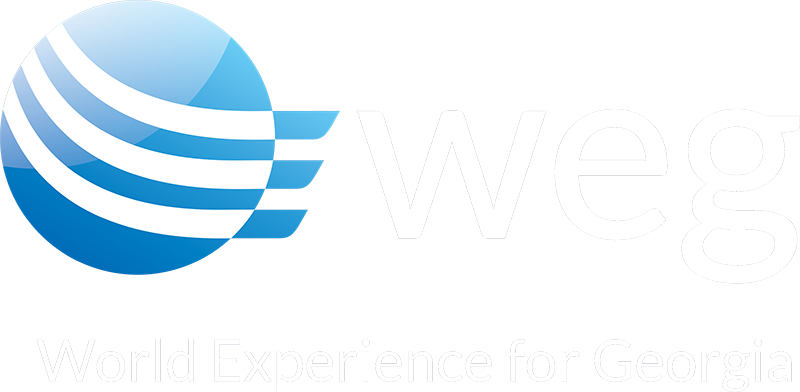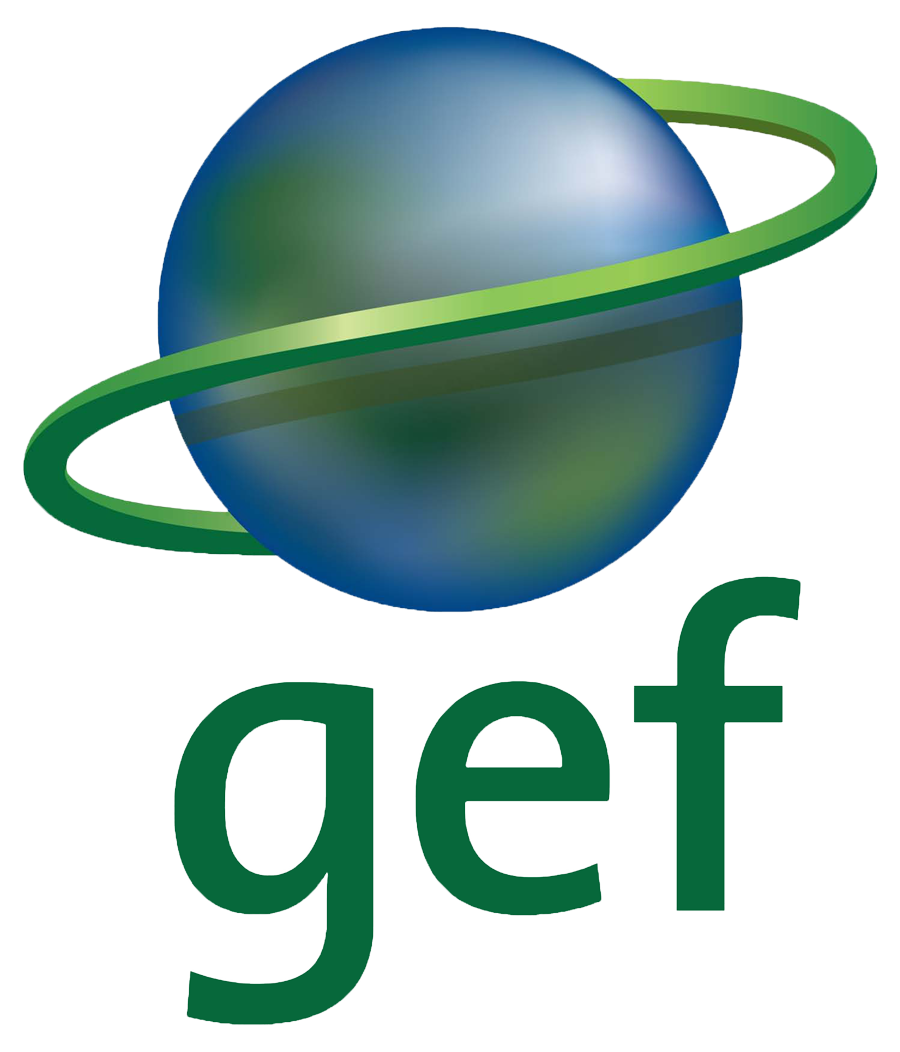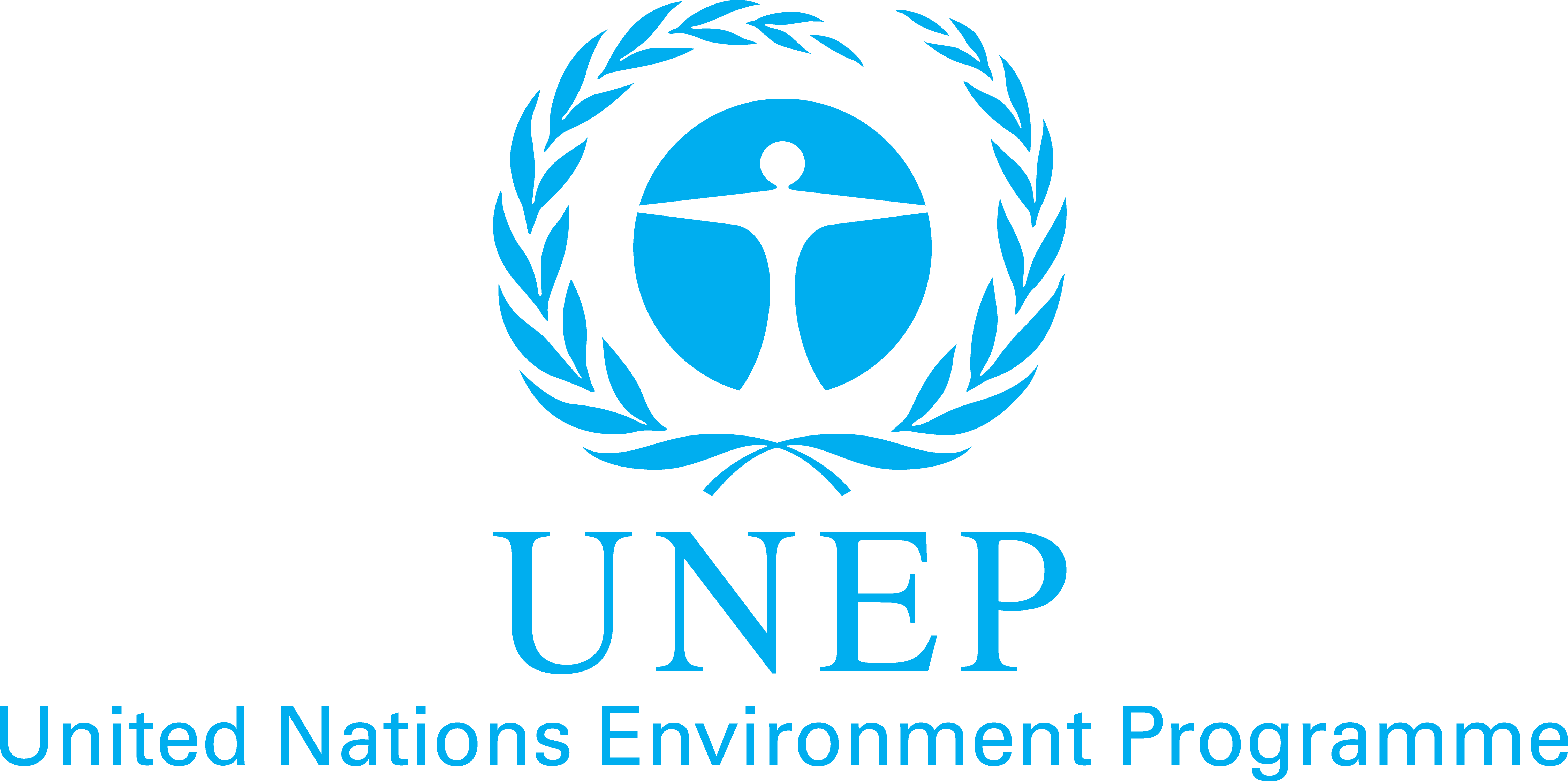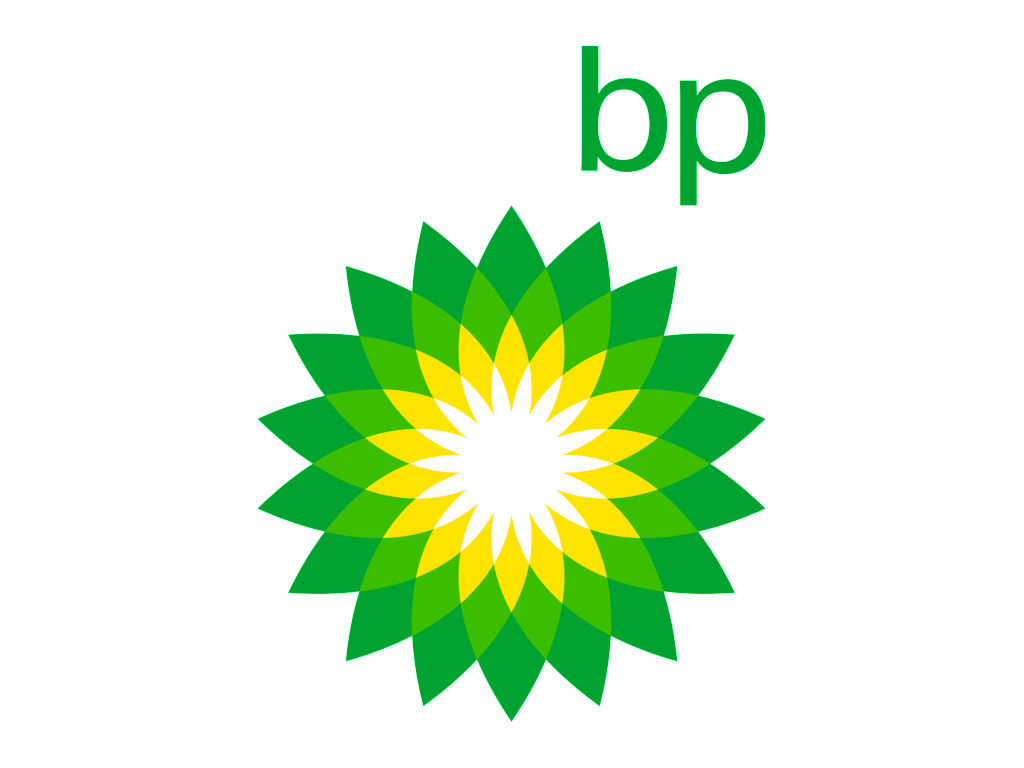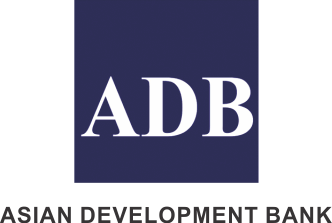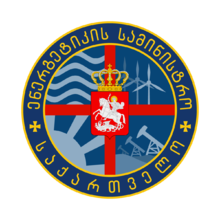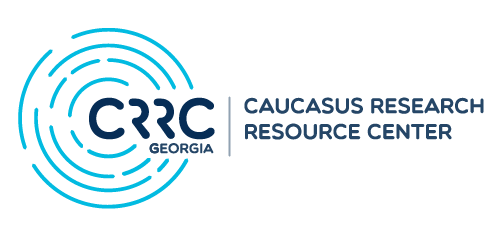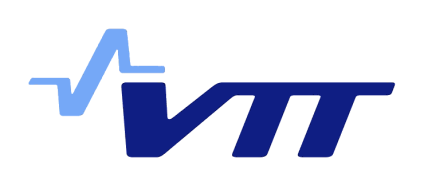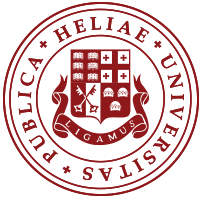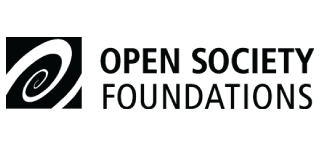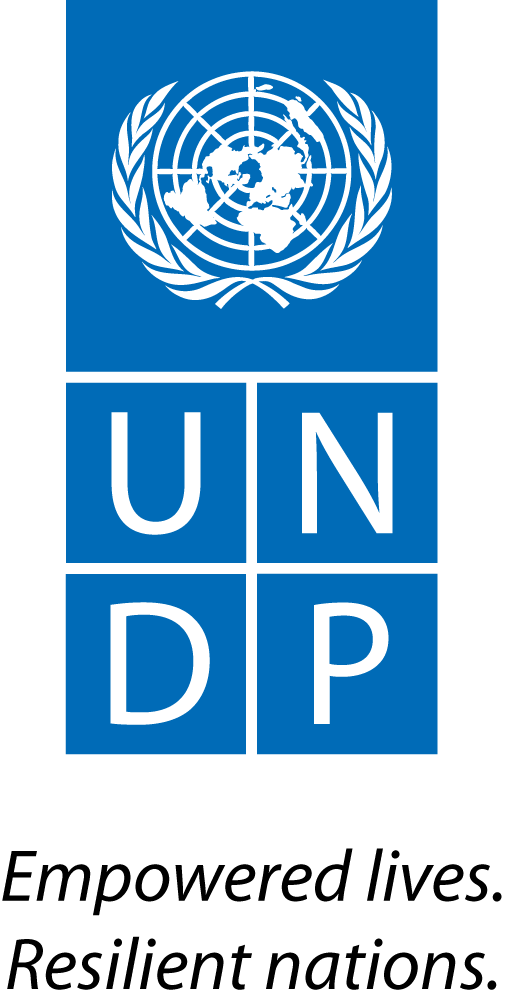Training Week on Energy Efficiency in Tbilisi
TBILISI – The International Energy Agency kicked-off the IEA for EU4Energy Energy Efficiency Training Week in Tbilisi today bringing 150 participants from 11 countries across Eastern Europe, Caucasus and Central Asia.
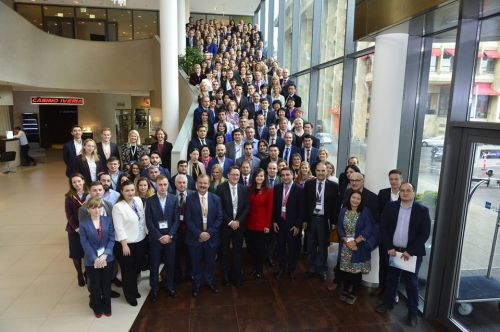 The five-day programme, organized in partnership with Georgia’s Ministry of Energy, consists of five parallel courses on energy efficiency across demand sectors - buildings; industry; lighting, appliances and equipment; transport; as well as energy efficiency statistics.
The five-day programme, organized in partnership with Georgia’s Ministry of Energy, consists of five parallel courses on energy efficiency across demand sectors - buildings; industry; lighting, appliances and equipment; transport; as well as energy efficiency statistics.
Participants will take part in a variety of in-depth seminars, interactive discussions and exercises on policy, regulations, statistics and standards in each course, along with a site visit. Participants will all attend sessions on assessing the potential for energy efficiency, tracking progress, communication campaigns and finance as well as measuring the social and economic benefits of energy-efficiency measures.
The training week includes presentations from high-level experts from the IEA, the European Commission, the Georgian Ministry of Energy and the European Bank for Reconstruction and Development (EBRD). This includes Giorgi Chikovani, the Deputy Georgian Minister of Energy, and Nigel Jollands of the EBRD.
The IEA is leading the implementation of the EU4Energy Programme funded by the European Union (EU) for the following Eastern Partnership (EaP) and Central Asian countries: Armenia, Azerbaijan, Belarus, Georgia, Kazakhstan, Kyrgyzstan, Moldova, Tajikistan, Turkmenistan, Ukraine and Uzbekistan (the Focus Countries).
The programme’s aim is to work with these countries on improving energy data capabilities, enhance data collection and monitoring, and assist in evidence-based energy policy design relevant to the country’s needs.
Energy efficiency is one of the Programme’s key topics, and the Energy Efficiency Training Week will allow participants to establish an international network that will serve them long after the week is done.
The IEA training week is one of the key activities of the Energy Efficiency in Emerging Economies (E4) Programme, which has been supporting emerging economies in their efforts to scale up and capture the benefits of energy efficiency since the beginning of 2014. It plays an important role in sharing experiences, policies and best-practices on effective energy-efficiency through the IEA’s well-established expertise on data collection, indicators and modelling; energy-efficiency policy design, implementation and evaluation; and training and capacity building.
Source: iea.org
